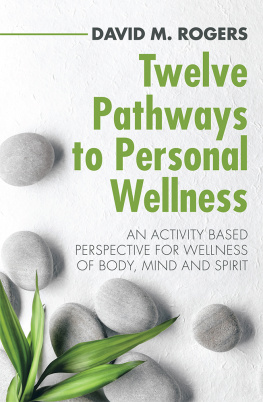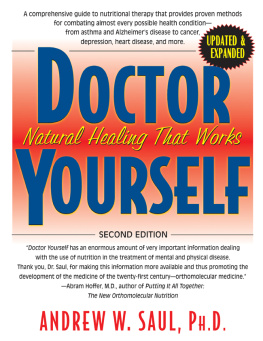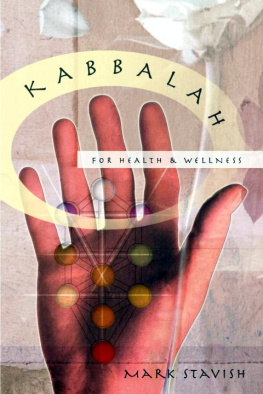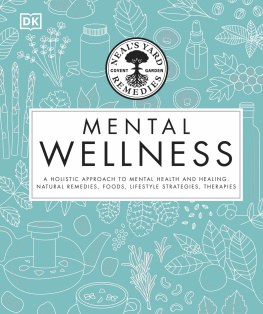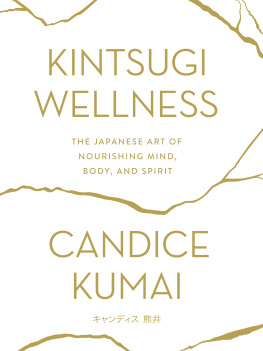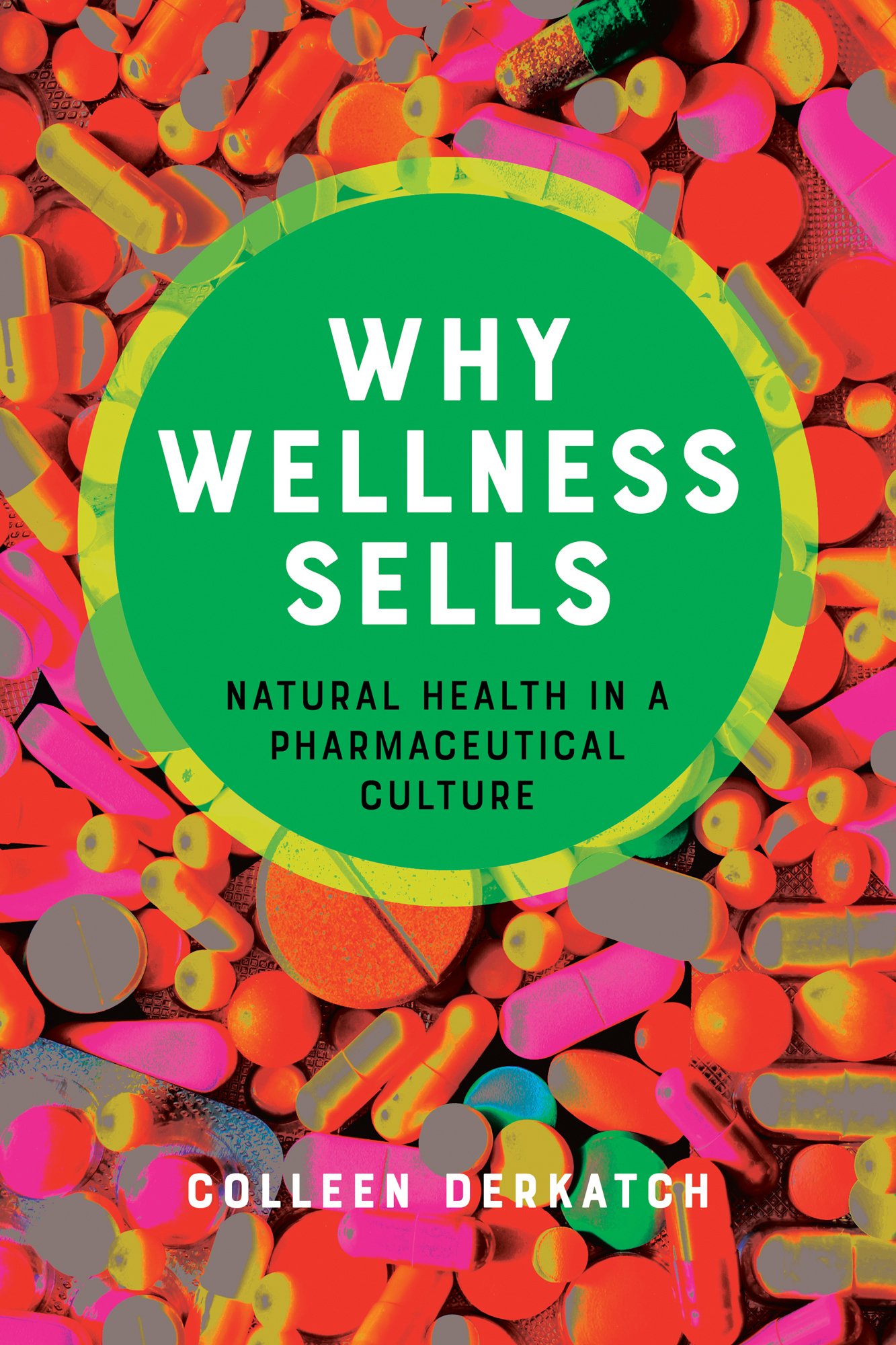Contents
Guide
Why Wellness Sells
HEALTH COMMUNICATION
The Health Communication series features rhetorical, critical, and qualitative studies projects exploring the discourses that constitute major health issues of today and the past. Books in the series provide a comprehensive illustration of how health and medicine are communicated to, with, and through diverse individuals and populations.
Series Editor
Robin Jensen
Editorial Board
Jeffrey A. Bennett | John A. Lynch |
Karma R. Chvez | Aimee Roundtree |
Tasha N. Dubriwny | Shaunak Sastry |
Elaine Hsieh | J. Blake Scott |
Jordynn Jack | Priscilla Song |
Jenell Johnson | LaTonya Trotter |
Lisa B. Kernen | Guobin Yang |
Why Wellness Sells
Natural Health in a Pharmaceutical Culture
COLLEEN DERKATCH

Johns Hopkins University Press
Baltimore
2022 Johns Hopkins University Press
All rights reserved. Published 2022
Printed in the United States of America on acid-free paper
2 4 6 8 9 7 5 3 1
Johns Hopkins University Press
2715 North Charles Street
Baltimore, Maryland 21218
www.press.jhu.edu
Library of Congress Cataloging-in-Publication Data is available.
ISBN 978-1-4214-4528-1 (hardcover)
ISBN 978-1-4214-4529-8 (ebook)
A catalog record for this book is available from the British Library.
Special discounts are available for bulk purchases of this book. For more information, please contact Special Sales at .
For Isla and Nathan, always
ACKNOWLEDGMENTS
My first and most significant thanks go to the forty research participants who shared how they think and feel about wellness and natural health. Their vulnerability and open-minded reflections on their search for both health and care made this study possible. Many participants spoke candidly of living with difficult and painful health conditions, and others recounted traumatizing experiences both in and outside healthcare; I thank them for trusting me with their experiences and hope I have returned their kindness with a fair and illuminating analysis.
I am grateful for substantial institutional support over the years of writing this book. My research was supported by two consecutive grants from the Social Sciences and Humanities Research Council of Canada, for which I want to thank especially Iain McQueen and his team and the reviewers whose feedback helped me clarify my goals and arguments. I am also grateful for financial and other assistance from my home institution, most notably the Department of English and the Faculty of Arts. The successive chairs of English Nima Naghibi, Andrew OMalley, and Anne-Marie Lee-Loy provided important professional and moral support over the years I researched and wrote this book, and I am fortunate to have had them to lean on. I am also grateful to my former research assistants, who helped me with a wide range of tasks at various stages of this project: Natasha Ferraro, Jennifer Fraser, Christine Frim, Fergus Maxwell, Julie Morrissy, Allison Munday, Preeti Pasupulati, Shaun Pett, Ryan Phillips, Stacey Seymour, June Scudeler, and Tanya Tan.
The most rewarding and fun part of my job is working with students, and I am deeply grateful to all the students who have thought along with me as I incubated this project. A few dozen graduate and undergraduate students took chances on strange-sounding English seminars about wellness that analyzed artifacts such as fitness magazines, diet books, supplement bottles, and online quizzes. I cannot name you all here, but my thanks to each of you: your creativity and generosity continue to astound me, especially when, even years later, you reach out to tell me about cool wellness artifacts you have found. I hope you continue to find meaning in reading and thinking critically about the culture of wellness around you.
The second-best part of my job is working with other scholars, and I am lucky to be part of a field with colleagues who are generous with their time and their ideas. Indeed, the generosity of the rhetoric of health and medicine (RHM) community makes it difficult to name everyone with whom I have discussed this project at conferences, symposia, workshops, and other gatherings, and so I would like broadly to thank participants of events that include the RHM Symposia, the Greater Toronto Area Science and Technology Studies Symposia, the International Health Humanities Conference, and Writing Research Across Borders. I would also like to thank members of the following organizations: the Association for the Rhetoric of Science, Technology, and Medicine (ARSTM); the Canadian Association for the Study of Discourse and Writing (CASDW); the National Communication Association (NCA); RhetCanada; and the Rhetoric Society of America (RSA). Additional thanks go to the wonderful scholarly community I have found on Twitter, which has enriched my scholarship more than I could have anticipated.
In addition to members of the events and organizations above, I do want to acknowledge and thank certain people in particular. Everyone associated with the Health Communication series at Johns Hopkins University Press has been incredible to work with, most notably acquisitions editor Matthew McAdam, but also Joanne Allen, Adriahna Conway, Kyle Kretzer, and Julie McCarthy. Extra thanks go to Robin Jensen, the series editor, and to the full series board for being psyched about this project from the beginning and for remaining magnificently supportive throughout, as well as to the two anonymous reviewers for taking the time during a global pandemic to engage with and improve my work. Derek Gottlieb created this books superb index, for which I am grateful. I also am sincerely indebted to many wonderful colleagues who have reviewed and otherwise responded to, poked at, or cheered on my work over the course of this and related projects: Mono Brown, Jennifer Burwell, Laura Fisher, Scott Graham, Naomi Hamer, Jenell Johnson, John Lynch, Lisa Melonon, Alan Richardson, Mollie Stambler, Christa Teston, Monique Tschofen, and Lyn Uhl. Special thanks, forever, to Amy Koerber, Lisa Kernen, and Blake Scott for being extraordinary mentors over the years and to my nearest and dearest colleagues, Philippa Spoel and Judy Segal, without whom I would be doing something entirely different. I am also grateful to Nili Benazon, Lauren Campbell, Mai Ly, and Evelyn Rubin for keeping me in one piece as I wrote this book.
My greatest debts are, rightly, to my friends and family. Thank you to the Ballshawskis and my other Annex/Seaton Village compatriots, who appreciate my intensity and share my love of living-room dance parties. For helping me incubate this project with thoughtful conversation, whisk(e)y rankings, and garden tours, I thank John Blazina and Amanda McConnell. To my ride-or-dies, Wynn Deschner, Kim Duff, and Heather Latimer: thank you for steadying me. My parents have always been my biggest fans, and I am so fortunate that they have been mine. My mom, Dorothy Berg-Derkatch, did not live to see my first book in print, but she inspired much of this one by shaping my thinking about what it means to live in and be a body. My dad, Jim Derkatch, and my stepmom, Sheri Derkatch, offered unfailing enthusiasm about this project, even when I droned on. Most importantly, I would like to acknowledge and thank my daughter, Isla Whitford, and my husband, Nathan Whitford, who put up with a lot while I worked on this book and still love me anyway. They are the best. This book is for them.


